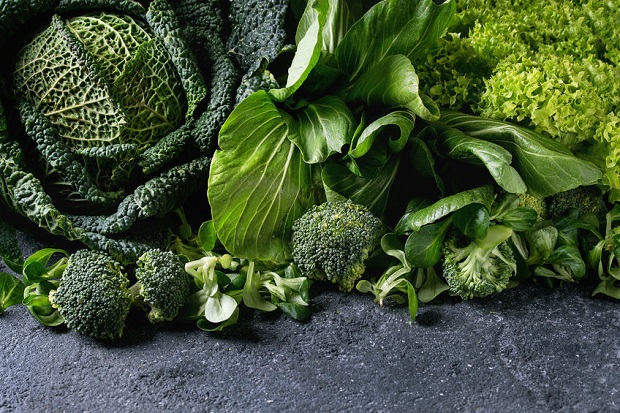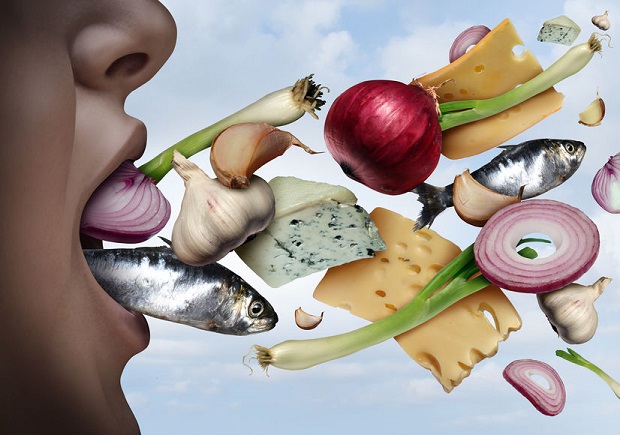
Is Food Poisoning Contagious?
Food poisoning is contagious depending on the contaminant that caused it. Generally speaking, if food poisoning is caused by a virus or bacteria, it can be further passed from the infected person to a healthy person through improper food preparation. Chemical toxins are not infectious to other people.
Jump Ahead
Top Six Causes of Food Poisoning in the US
Food poisoning can be caused by a wide variety of contaminants that include bacteria, viruses, parasites, and toxins. Many of the leading causes of food poisoning causing illness or requiring hospitalization in the US are caused by bacteria, most of which are not contagious from person to person directly but can be passed through improper food handling. For example, a person who is infected can pass the bacteria to others through food preparation and improper hand washing. [1]
Salmonella: Food poisoning caused by these bacteria is usually contracted through undercooked food that carries salmonella, such as raw poultry, eggs, and unpasteurized milk, or cross-contamination of food sources, such as handling raw chicken and then making a sandwich without washing hands thoroughly. This bacterial infection can be passed through food from an infected person to others through improper handling during food preparation. [2]
Norovirus: This food poisoning is caused by a set of viruses collectively called noroviruses. This virus can be passed from person to person by means of improper food preparation by a person who is carrying the virus. [3]
Campylobacter: Like Salmonella, this bacterial infection is caused by handling and/or ingesting undercooked food, especially raw meat. It can be passed also be passed through improper food handling. [4]
E. coli: This bacterium is contracted through contaminated food and water, especially undercooked ground beef and products made from raw milk. It can be passed through improper handling of food. [5]
Listeria: Unlike other food-contaminating bacteria, Listeria can withstand colder temperatures such as those present in the refrigerator. Listeria is often found in uncooked foods such as deli meat and hot dogs, products made with raw milk, smoked seafood, and raw sprouts. It can be passed through improper food handling. [6]
Clostridium Perfringens: Most often found in beef, poultry, and gravy, these bacteria can grow new spores even after cooking, which is why it is common in institutions where large quantities of food are prepared and then kept warm. [7]
Resources
- [1] FoodSafety.gov – “Bacteria and Viruses”
- [2] CDC.gov – “Salmonella – Prevention.”
- [3] CDC.gov – “Norovirus.“
- [4] USDA Food Safety and Inspection Service Home – “Campylobacter.”
- [5] FoodSafety.gov – “E. coli and Food Safety.”
- [6]FoodSafety.gov – “Listeria.”
- [7] CDC.gov – Estimates of Foodborne Illness Clostridium perfringens.”





